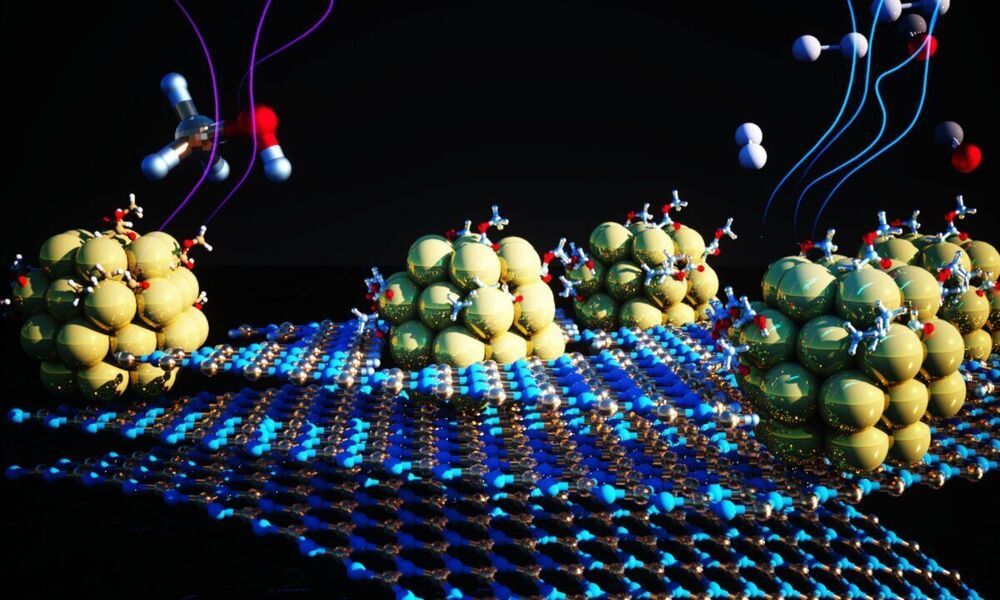A team of scientists at Freie Universität Berlin has developed an artificial intelligence (AI) method for calculating the ground state of the Schrödinger equation in quantum chemistry. The goal of quantum chemistry is to predict chemical and physical properties of molecules based solely on the arrangement of their atoms in space, avoiding the need for resource-intensive and time-consuming laboratory experiments. In principle, this can be achieved by solving the Schrödinger equation, but in practice this is extremely difficult.
Up to now, it has been impossible to find an exact solution for arbitrary molecules that can be efficiently computed. But the team at Freie Universität has developed a deep learning method that can achieve an unprecedented combination of accuracy and computational efficiency. AI has transformed many technological and scientific areas, from computer vision to materials science. “We believe that our approach may significantly impact the future of quantum chemistry,” says Professor Frank Noé, who led the team effort. The results were published in the reputed journal Nature Chemistry.
Central to both quantum chemistry and the Schrödinger equation is the wave function —a mathematical object that completely specifies the behavior of the electrons in a molecule. The wave function is a high-dimensional entity, and it is therefore extremely difficult to capture all the nuances that encode how the individual electrons affect each other. Many methods of quantum chemistry in fact give up on expressing the wave function altogether, instead attempting only to determine the energy of a given molecule. This however requires approximations to be made, limiting the prediction quality of such methods.







